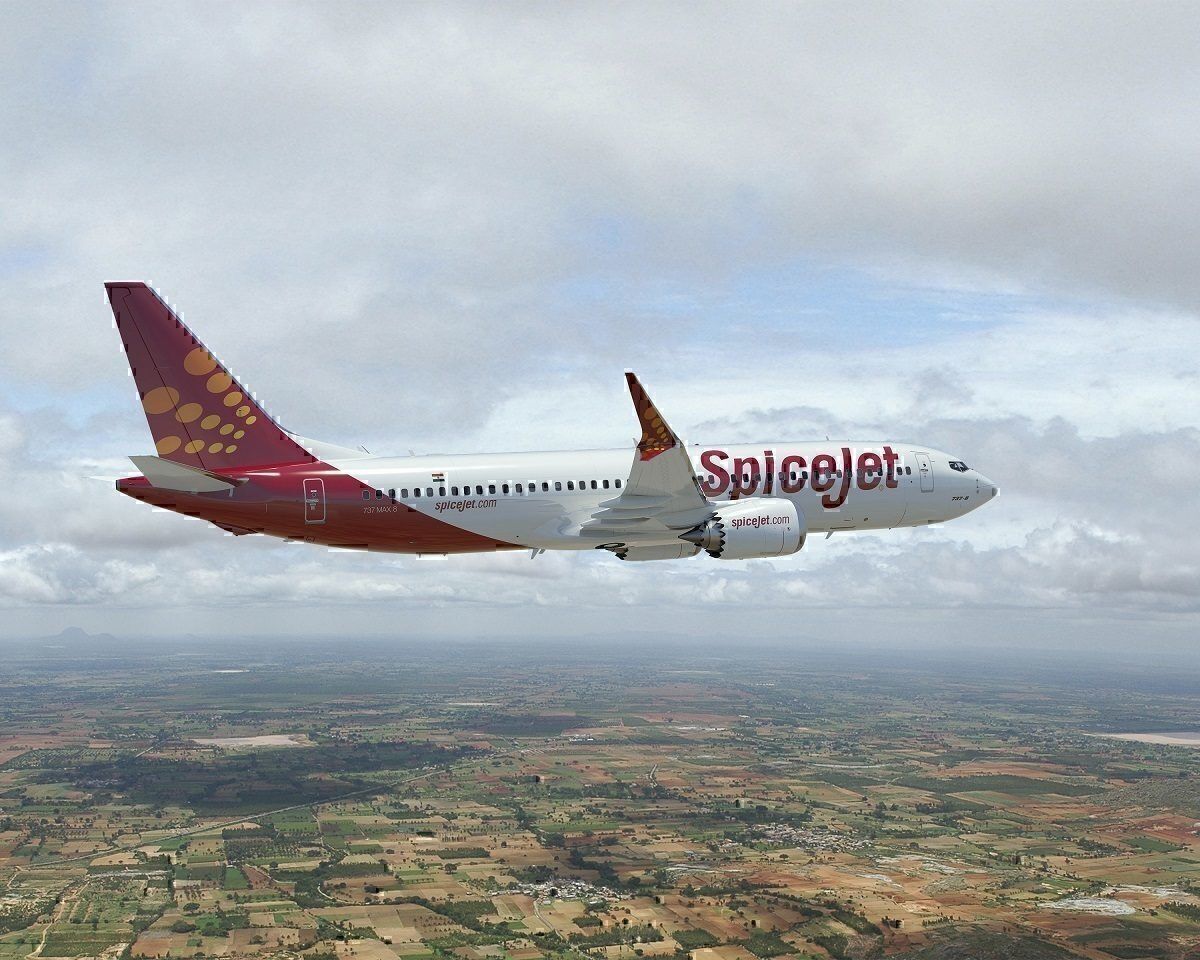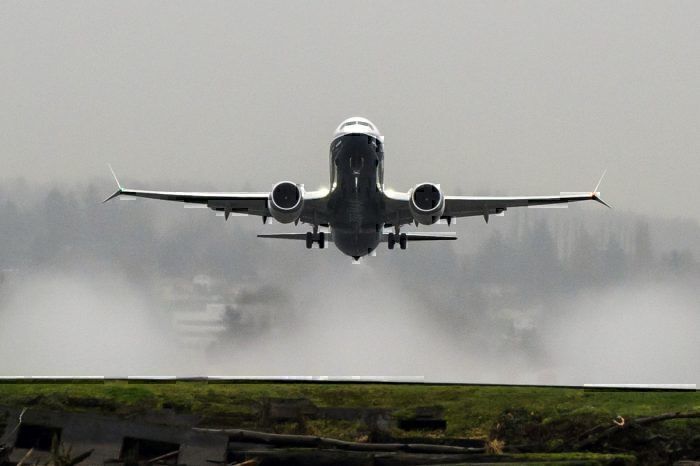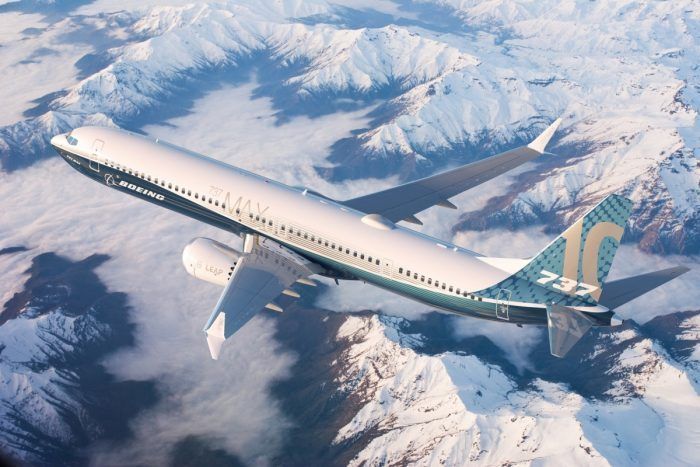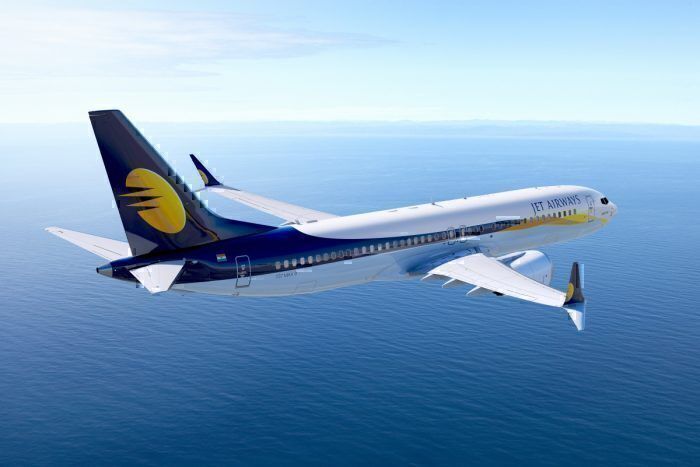India has followed Europe in deciding it will make its own validation of the Boeing 737 MAX. The checks will include simulator training for all pilots before the aircraft are allowed to fly in India again.
After the European regulator announced that it will make its own checks on the Boeing 737 MAX earlier this week, India has followed its lead and will also perform its own checks. As reported on Skift, the Directorate General of Civil Aviation (DCGA) will begin its own assessment of the 737 MAX only after the FAA has cleared it to fly.
Why does India want to perform its own checks?
The decision of the Indian regulator comes after two fatal crashes prompted a worldwide grounding of the type. Although the FAA is still taking the lead on the investigation into the safety of the MAX, regulators around the world are taking the US regulators authority with a pinch of salt since the incidents occurred.
Big questions over the relationship between Boeing and the FAA have been raised, and it seems that the return to service of the type may be more difficult that Boeing anticipated. The decision by the EASA and now the DGCA is a mark of how deferral to the FAA may be coming to an end.
According to Civil Aviation Minister Hardeep Singh Puri, as reported in the Economic Times of India,
"A solution from Boeing, the manufacturer, and certification of the said solution by Federal Aviation Administration (FAA), is awaited by DGCA to consider the safe return of the aircraft to service,"
What is expected from the Indian checks?
According to LiveMint, the DGCA plans to undertake ‘due diligence’ in regard to the MAX, and only after the FAA has cleared it to fly. This would likely involve mandatory simulator training for all 737 MAX pilots, as well as other investigations as it sees fit.
An anonymous spokesperson said to LiveMint,
"Nobody is sure about when the Boeing 737 MAX aircraft will take to the air again. It will have to be firstly re-certified by FAA, following which DGCA will also independently conduct due diligence before allowing the aircraft to fly on Indian skies,"
Boeing is expected to be targeting October for recertification of the aircraft. However, the DGCA doesn’t hold out any hope of the aircraft operating in Indian airspace this side of the new year. The unnamed contact further told LiveMint,
The earliest time frame for the re-induction of Boeing 737 Max fleet is likely to be early next year. However, we can't be too sure about it … DGCA will not allow the aircraft to fly unless the agency is assured that it is absolutely safe to fly these planes.”
For Indian carriers, the impact of the 737 MAX grounding has been somewhat limited. Only two carriers would be using the aircraft right now, one of which is beleaguered Jet Airways who is not flying any planes at all. SpiceJet, is the only carrier really impacted, with 12 aircraft out of action and a further 193 on order.
Solid progress
At a recent conference, reported by Aerotime, Boeing CEO Denis Muilenberg reiterated that the timeline for return to service is still being targeted as the early part of Q4, 2019. However, he also noted that the lack of alignment between different regulators was causing concern to Boeing, saying that discrepancies between agencies was “creating a timeline uncertainty”.
Nevertheless, the Boeing chief said that the manufacturer continues to make “good, solid progress” towards the jet’s return to service. He added that the potential for the aircraft to return on a country by country basis was a possibility. If the MAX is not simultaneously returned to service, it could present some challenges for operators looking to fly internationally.




